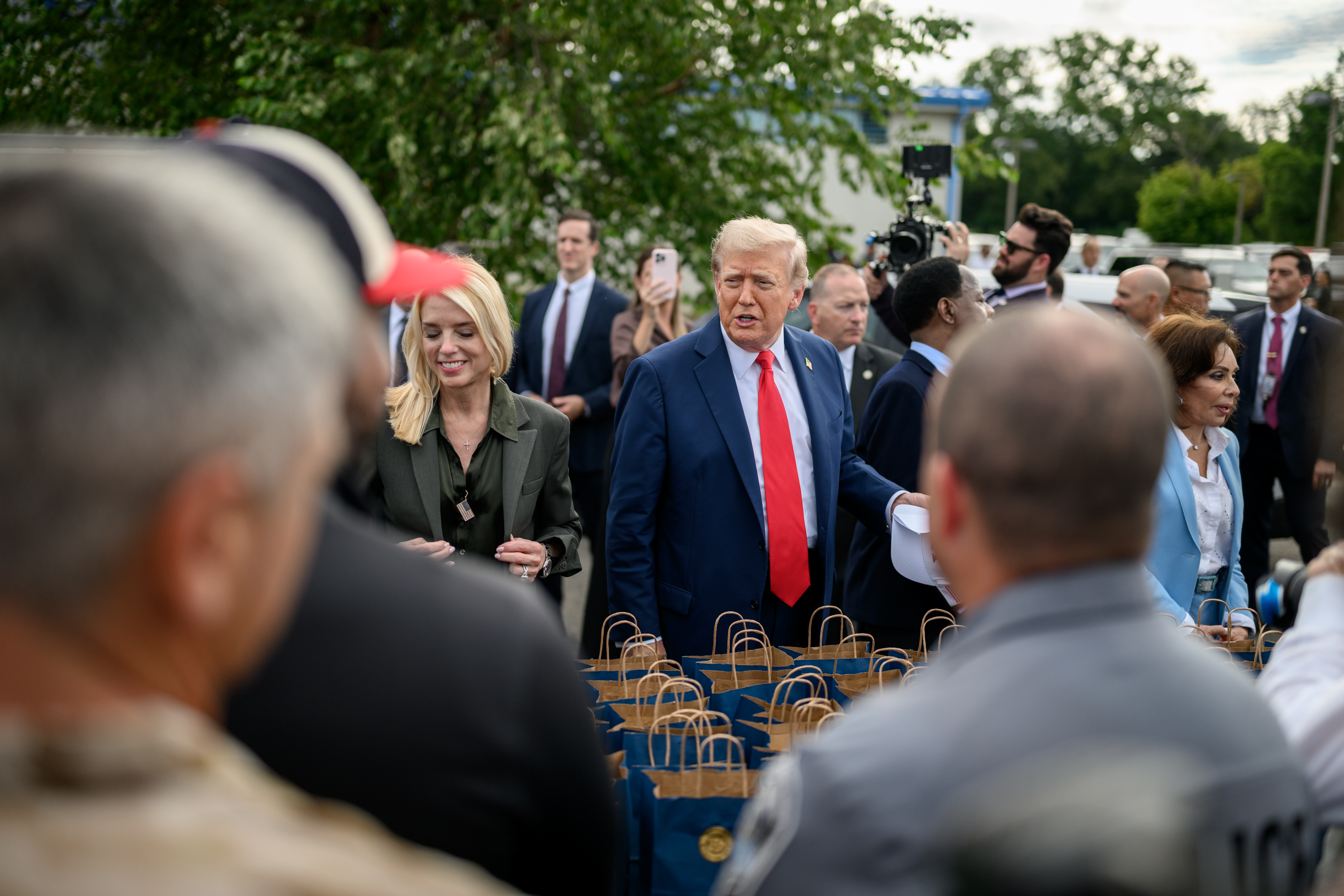US Appeals Court Rules Most Trump’s Global Tariffs Illegal, Setting Stage For Supreme Court Battle
A federal appeals court on Friday ruled that most of U.S. President Donald Trump’s global tariffs were imposed without legal authority, striking at the heart of his signature trade policy.
 |
| Image Source: White House |
The ruling marks a major blow to Trump’s trade agenda, which during his administration introduced sweeping tariffs under the justification of addressing national security and economic emergencies.
Trump is widely expected to appeal the decision to the U.S. Supreme Court.
To enable this process, the appellate court temporarily paused the effect of its ruling until October 14, granting the administration time to file its case.
The White House has not yet issued a formal response to the decision.
In its arguments, the Trump administration had maintained that IEEPA provided the president with expansive powers to impose tariffs as part of emergency measures.
Officials contended that country-specific duties and global “reciprocal” tariffs unveiled in early April were consistent with this authority.
However, a federal trade court in May had already rejected this interpretation and struck down the tariffs. The appellate court’s ruling now upholds that finding, while placing the timeline for enforcement in abeyance pending further legal review.
The outcome sets the stage for a high-stakes legal confrontation before the Supreme Court that could shape the limits of executive authority in U.S. trade policy for years to come.
The ruling also carries significant implications for international trade relations, given that Trump’s tariff regime has triggered disputes with multiple partners and introduced heightened volatility into global markets.
President Donald Trump reacted sharply to the Federal Circuit’s ruling, calling the decision “incorrect” and “highly partisan.” In a statement on his official account, he insisted that all tariffs remain in effect and vowed that the United States would ultimately prevail when the case reaches the Supreme Court.
Trump argued that removing the tariffs would “make us financially weak” and claimed that they were essential to protecting American workers, farmers, and manufacturers.
The president framed the tariffs as a central plank of his trade and economic agenda, saying the United States “will no longer tolerate enormous trade deficits and unfair tariffs and non-tariff barriers imposed by other countries, friend or foe.”
He described the duties as the “best tool” to defend domestic industries and to ensure that products “Made in America” remain competitive in global markets.
Trump also used the ruling to underscore his broader political message, casting himself as the defender of American economic sovereignty against what he described as decades of “uncaring and unwise politicians.”
He pledged to fight the decision at the Supreme Court and declared that tariffs, under his administration, would continue to be deployed “to the benefit of our nation, and make America rich, strong, and powerful again.”
Until the Supreme Court weighs in, the future of U.S. tariff authority under emergency statutes remains uncertain, with political, legal, and economic consequences expected to unfold in the coming months.
